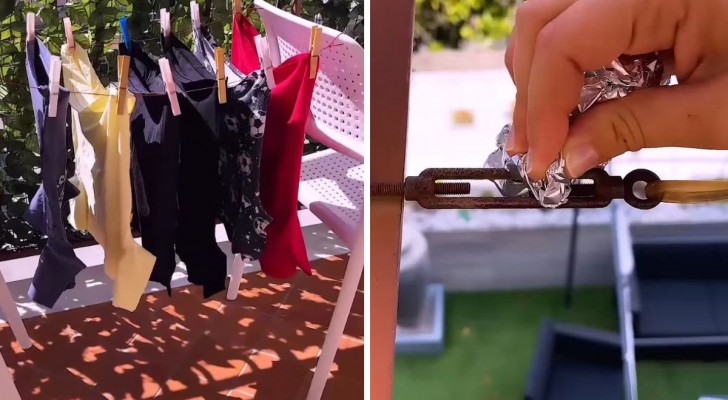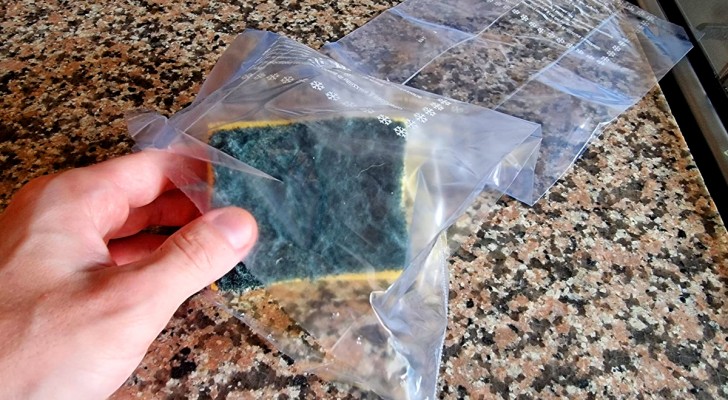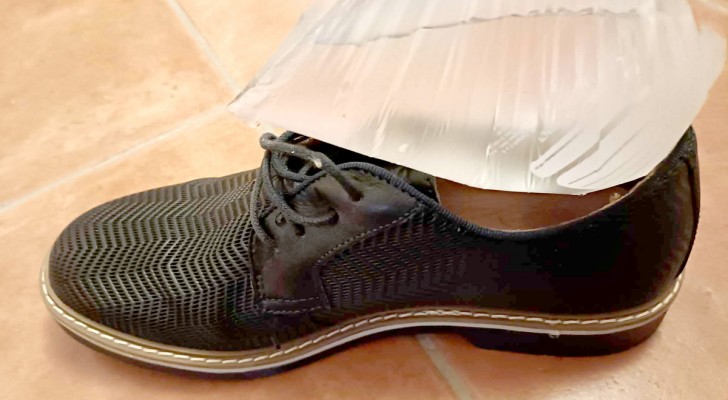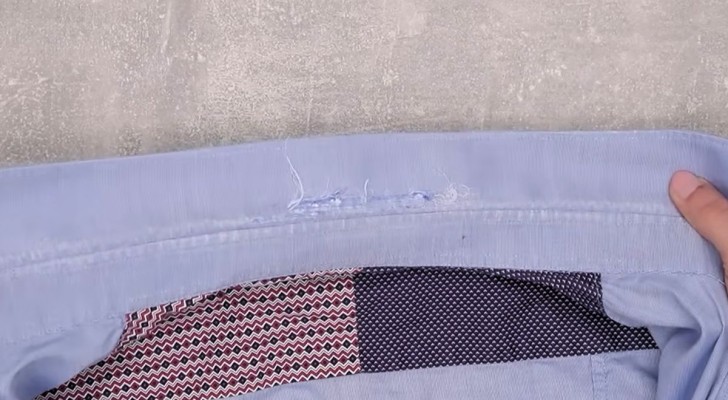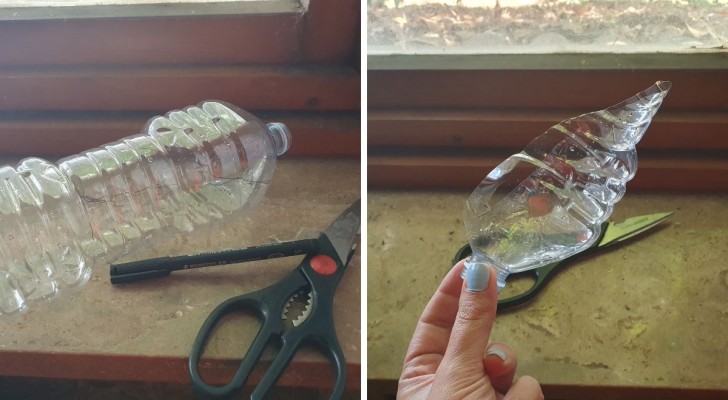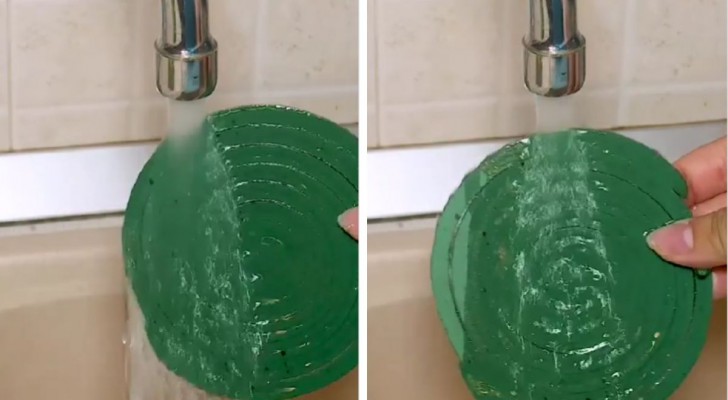The freezer works continuously: how can you reduce its energy consumption?
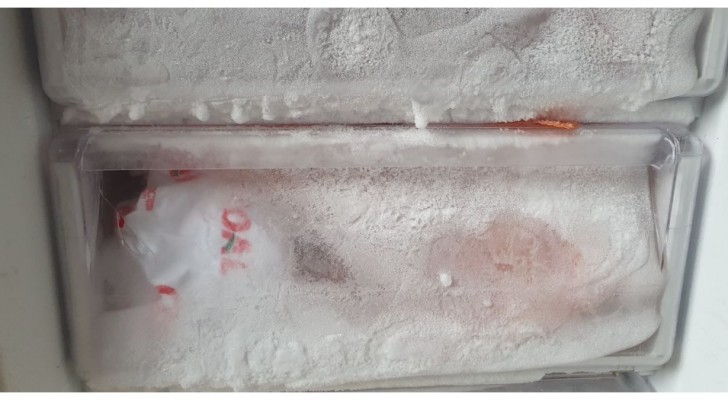
The freezer is a truly indispensable household appliance: it allows us to store food and keep leftovers from lunches and dinners for very long periods, and avoids us being forced to consume everything quickly or - when you don't have time - to throw surplus food away. However, to keep all the food stored inside it permanently frozen, the freezer must be in continuous operation, and therefore this appliance is a constant consumer of expensive electricity.
So how do you go about reducing its consumption? Attention must be paid to a number of issues that can gradually cause the freezer to expend extra power unnecessarily. We describe what some of these are below:
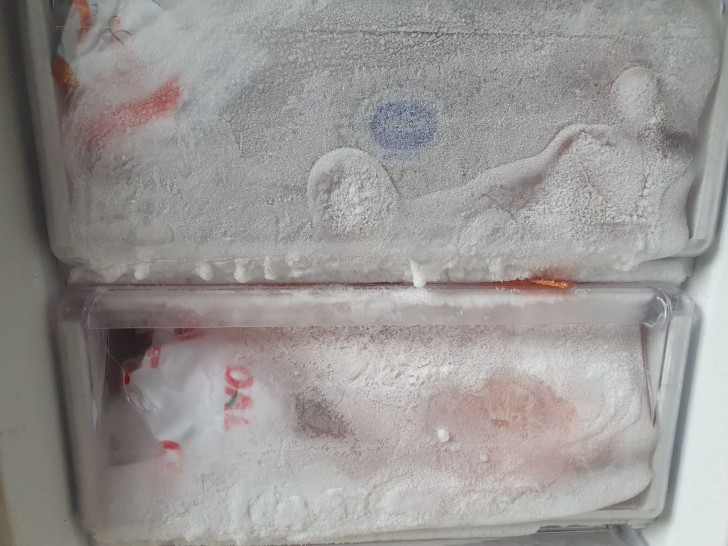
Creativo
- Never place the freezer near the oven or other appliances that get very hot, because the radiant heat hitting it will force it to work twice as much as it should. Also, you will not be able to prevent the freezer compartments from filling up with frost and ice every two or three weeks. In this case, you should defrost it at least once a month.
- Defrosting is however very important. However, since removing the icy deposits often takes a long time, (and we don't always have a lot of time available - especially if there are many items of frozen foods inside that would defrost in the meantime) - then it is good to find the best time and a method which will get rid of the ice quickly. To do this:
- Disconnect the electricity and put old towels and rags on the ground to collect any water that will run out.
- Empty the freezer.
- Put a bowl of very hot water in it (use a stand under the bowl) and close the door.
- After the bowl has cooled off, remove it and, with a spatula, remove all the ice it has loosed up.
- Defrosting is recommended at least once a year, and in any case, should be done when the layer of ice formed on the walls exceeds 5 mm.
- Never overload the various compartments: this causes less air to circulate inside and therefore the appliance needs to work harder to maintain the temperature, and also causes the compartments to ice up again quicker.
- Never keep the door open for long periods when taking out or putting away food. To help you do this faster, organize each drawer or shelf in an orderly way, so you can see what's inside at a glance and immediately find the space you need to store more food.
- Keep the rubber door seal clean and check that it is able to close properly, creating the suction effect: even a small crack means forcing the freezer to work much harder to maintain the internal temperature.
- The recommended temperature for a freezer is -21 °C in summer and -18 °C in winter (-6 °F / -1 °F). Above this temperature, in fact, the cold preservation cycle could be interrupted.
It is worth paying attention to these small precautions to prevent the freezer from consuming energy unnecessarily!
